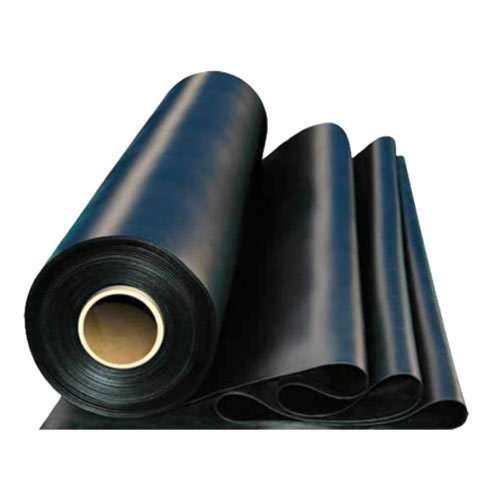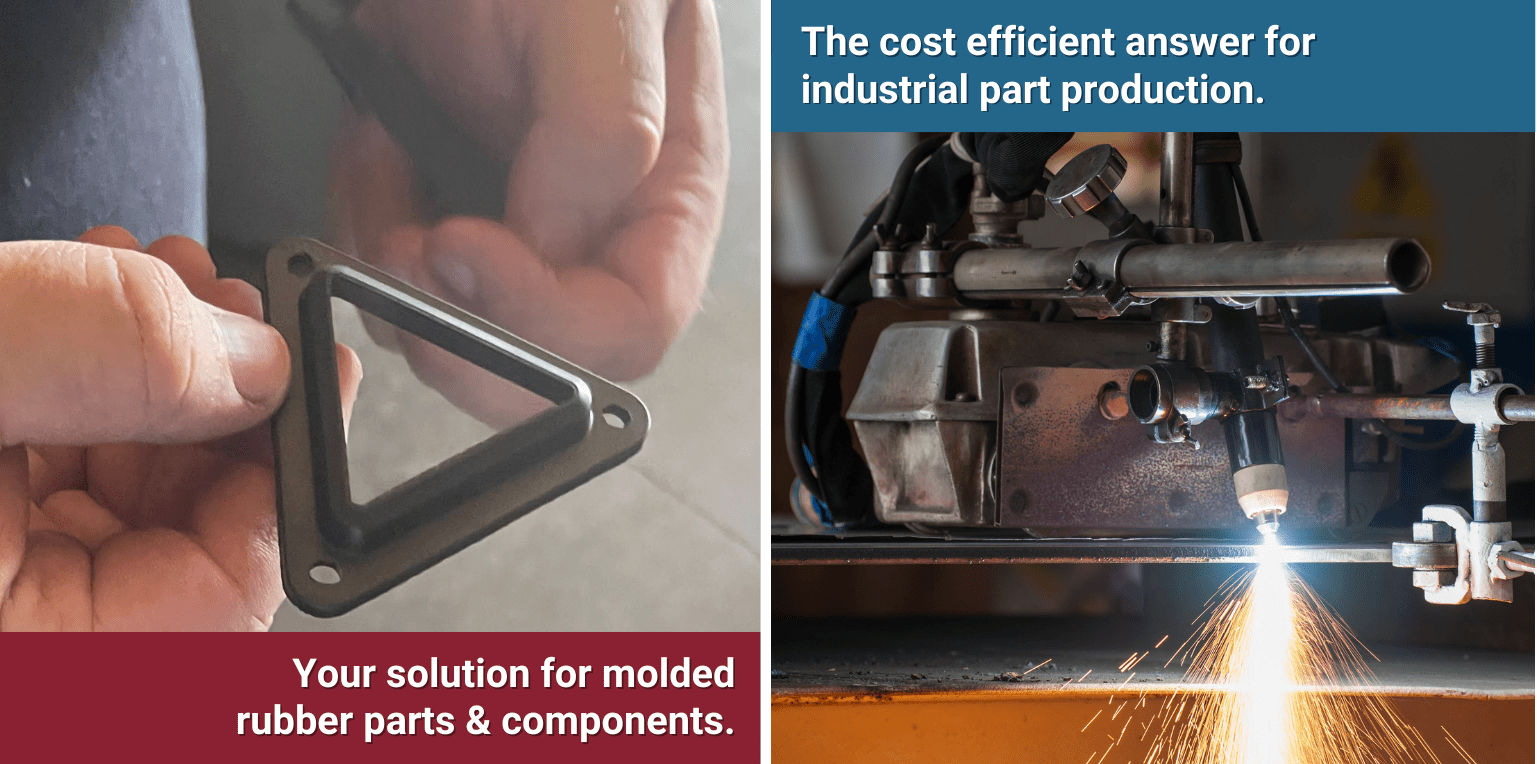General Characteristics
Silcone Rubber Properties & Performance Characteristics
Silicone rubber offers exceptional versatility and can be compounded to meet a wide range of demanding application requirements. It delivers tensile strength up to 1500 PSI and tear resistance up to 200 lbs, along with a low compression set and good resilience. Silicone also exhibits moderate solvent resistance, excellent heat resistance, strong release characteristics, and extreme low-temperature flexibility. It resists oxidation and ozone degradation, making it highly suitable for harsh environments. However, silicone rubber is generally not recommended for use with concentrated solvents, oils, concentrated acids, or dilute sodium hydroxide, as these substances can cause deterioration over time.
Benefits of Silicone
Common Uses for Silicone Rubber
Silicone rubber is widely used in industries that demand reliable performance in extreme temperature conditions. Its flexibility and heat resistance make it ideal for gaskets, seals, and insulating components in the aerospace and automotive industries. It’s commonly found in food-grade and medical-grade applications due to its inert properties and ability to withstand sterilization. Silicone is also used in electronics for keypads, connectors, and protective casings, as well as in appliances, lighting fixtures, and various high-voltage insulation products.
Related Rubber Materials

Let's Talk Custom Silicone Rubber Solutions
Whether you need extreme heat resistance, flexibility at low temperatures, or FDA-compliant silicone for food-grade applications, CMDI manufactures silicone rubber products to your exact specifications. From prototypes to high-volume runs, our expert team is here to help bring your vision to life.
Disclaimer: The material properties listed are typical values and may vary depending on formulation. CMDI can provide recommendations based on your application requirements. Always consult our team before specifying materials.
